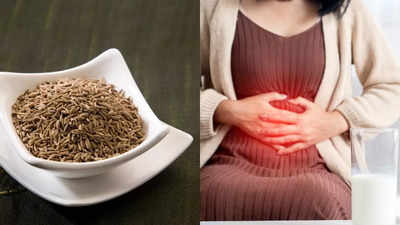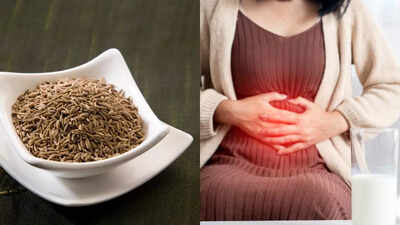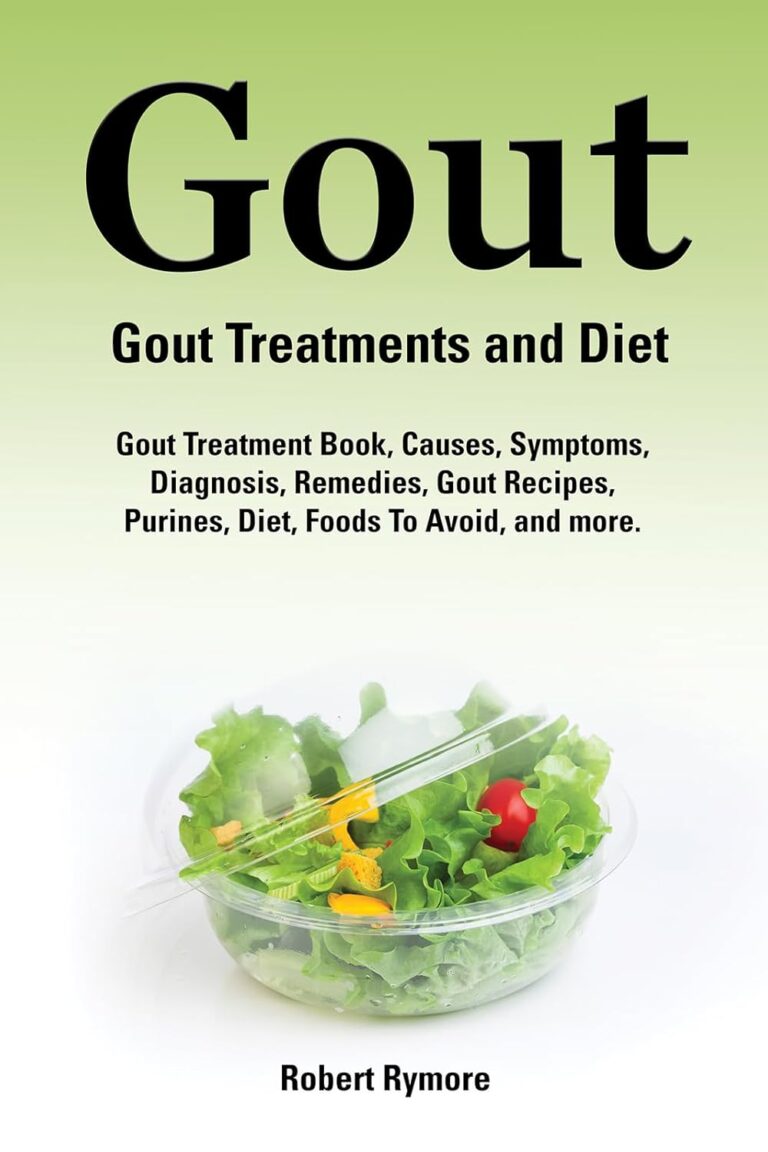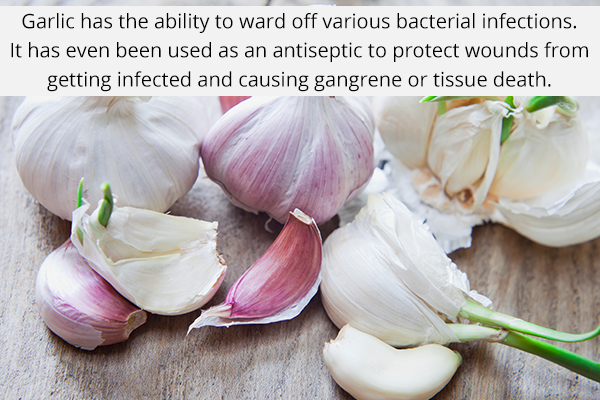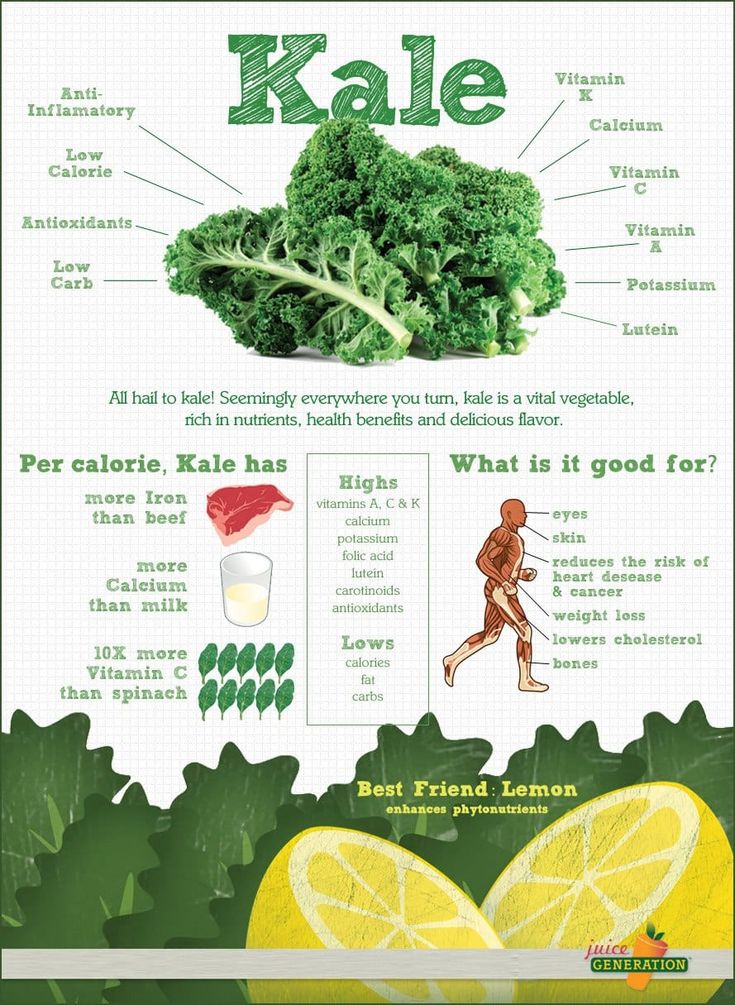Bloating Be Gone! Cumin’s Golden Whisper in the Alleviating the Digestive Storm
That familiar, unwelcome guest. The one that arrives uninvited, subtly at first, then settles in with an oppressive weight, transforming a perfectly good day into a battle against discomfort. Bloating. It’s a universal plight, a common lament shared across cultures and continents, a testament to the intricate and often temperamental nature of our digestive systems. The abdominal distension, the uncomfortable pressure, the subtle (or not-so-subtle) pain – it’s a silent sabotage of our well-being, capable of derailing plans, dampening spirits, and making even the most comfortable clothes feel restrictive.
In our modern world, we often reach for quick fixes, over-the-counter remedies promising instant relief. But what if the answer wasn’t a newly synthesized compound, but rather an ancient whisper, a golden seed steeped in history, tradition, and profound therapeutic power? What if the solution to our digestive woes, particularly the pervasive problem of bloating, lay quietly in our spice racks, waiting to be rediscovered?
This is the story of Cumin ( Cuminum cyminum ), a humble hero whose journey spans millennia, from the sun-drenched fields of Egypt to the vibrant markets of India, from the healing hands of ancient physicians to the discerning palates of modern chefs. More than just a flavour enhancer, cumin holds a profound secret for digestive relief, a gentle yet potent antidote to the storm of bloating. It’s a tale of science meeting tradition, of ancient wisdom finding validation in contemporary understanding, and of a tiny seed offering monumental comfort.
The Ancient Echoes: Cumin’s Odyssey Through Time
Cumin’s story is etched into the very fabric of human civilization, a golden thread woven through millennia of culinary practice and medicinal art. Its origins trace back to the Middle East, where evidence of its use dates back over 5,000 years. Imagine ancient Egyptian priests, not only revering cumin for its aromatic qualities in mummification rituals but also understanding its carminative properties for easing digestive distress. It was found in the tombs of pharaohs, a testament to its value in both life and the afterlife.
The Romans, renowned for their sophisticated cuisine, were fervent admirers of cumin, incorporating it into a vast array of dishes and even using it as a substitute for black pepper, a luxury commodity. Pliny the Elder, the esteemed Roman naturalist, documented its medicinal uses, recognizing its efficacy for stomach ailments. Across the Silk Road, cumin seeds travelled eastward, becoming an indispensable component of Indian, Persian, and Chinese culinary and healing traditions.
In Ayurvedic medicine, the ancient Indian system of healing, cumin holds a revered position. It is celebrated for its ability to ignite "Agni," the digestive fire, which is crucial for the efficient breakdown and assimilation of food. An impaired Agni is often considered the root cause of many digestive imbalances, including bloating, gas, and indigestion. Ayurvedic practitioners have long prescribed cumin in various forms – as a tea, a powdered spice, or incorporated into herbal formulations – to restore digestive harmony. Similarly, Traditional Chinese Medicine (TCM) utilizes cumin to warm the middle burner, dispel cold, and regulate qi (energy) flow, addressing symptoms like abdominal distension and poor appetite.
This rich tapestry of historical and cultural significance isn’t merely anecdotal. It represents a vast, empirical database, a collective wisdom accumulated over centuries, observing and documenting cumin’s consistent ability to soothe, comfort, and heal the digestive system. It sets the stage for understanding the deeper scientific mechanisms that validate this ancient wisdom.
The Chemical Symphony: Unveiling Cumin’s Digestive Power
What is it about this unassuming seed that grants it such profound digestive prowess? The answer lies within its complex chemical composition, a veritable symphony of bioactive compounds working in concert to bring relief. Cumin is not a one-trick pony; it’s a miniature pharmacy, meticulously crafted by nature.
At the heart of cumin’s therapeutic action is its essential oil, a concentrated elixir of volatile compounds responsible for its distinctive aroma and potent medicinal effects. The primary player in this orchestra is cuminaldehyde, a monoterpene aldehyde that gives cumin its characteristic warm, pungent, and slightly bitter flavour. But cuminaldehyde is more than just a flavour compound; it’s a powerful agent against digestive distress.
Here’s a deeper dive into the key mechanisms by which cumin, primarily through its essential oil compounds, combats bloating:
-
Carminative Action: The Gas Expeller
This is perhaps cumin’s most celebrated digestive benefit. A carminative agent helps prevent the formation of gas in the gastrointestinal tract and aids in its expulsion. Bloating is often a direct result of excessive gas accumulation. Cumin achieves this through several pathways:- Relaxation of Sphincters: Compounds in cumin, particularly cuminaldehyde, help relax the smooth muscles of the digestive tract, including the lower esophageal sphincter and the pyloric sphincter. This relaxation allows trapped gas to move more freely and be expelled, rather than building up and causing pressure.
- Stimulation of Bile Secretion: Cumin has been shown to stimulate the secretion of bile acids from the liver and gallbladder. Bile is crucial for the emulsification and digestion of fats. Improved fat digestion means less undigested fat reaching the colon, where it can be fermented by bacteria, producing gas.
- Enhanced Enzyme Activity: Some studies suggest that cumin can enhance the activity of digestive enzymes like amylase and lipase, further improving the breakdown of carbohydrates and fats, reducing the substrate for gas-producing bacteria.
-
Antispasmodic Properties: Calming the Cramps
Bloating often comes hand-in-hand with abdominal cramps and discomfort. This is due to the involuntary contractions of the smooth muscles in the gut. Cumin’s antispasmodic effects are crucial here. The volatile oils in cumin act on these smooth muscles, helping them relax. By reducing excessive contractions, cumin not only eases the pain of cramps but also promotes the smoother, more regulated movement of food through the digestive tract, preventing stagnation that can contribute to gas buildup. -
Anti-inflammatory Effects: Soothing the Irritated Gut
Chronic low-grade inflammation in the gut can contribute to a host of digestive issues, including increased sensitivity, altered motility, and permeability, all of which can manifest as bloating. Cumin contains various antioxidant and anti-inflammatory compounds, including flavonoids and phenolic acids. These compounds help to scavenge free radicals and modulate inflammatory pathways, thereby reducing irritation and calming the gut lining. A less inflamed gut is a happier, less reactive gut, less prone to the exaggerated responses that lead to bloating. -
Antimicrobial Activity: Balancing the Gut Microbiome
An imbalance in the gut microbiome, often termed dysbiosis, is a significant contributor to bloating. Certain types of bacteria, when overgrown, can produce excessive amounts of gas during fermentation. Cumin has demonstrated broad-spectrum antimicrobial properties, particularly against some pathogenic bacteria and yeasts, while generally being considered gut-friendly. By helping to modulate the bacterial landscape, cumin can potentially reduce the population of gas-producing microbes, fostering a healthier, more balanced gut environment. This isn’t about sterilizing the gut, but rather tipping the scales towards beneficial bacteria. -
Prokinetic Effects: Keeping Things Moving
Sometimes, bloating is a symptom of sluggish digestion – food moving too slowly through the system, leading to fermentation and gas. Cumin has mild prokinetic properties, meaning it can help stimulate and coordinate the muscular contractions (peristalsis) that move food along the digestive tract. By encouraging healthy transit time, cumin can prevent food from lingering too long and becoming a feast for gas-producing bacteria.
Beyond cuminaldehyde, other compounds like cymene, beta-pinene, and gamma-terpinene contribute synergistically to these effects, creating a robust and multifaceted approach to digestive relief. It’s this intricate interplay that makes cumin so uniquely effective.
Beyond Bloating: A Holistic Digestive Ally
While our focus is firmly on its role in banishing bloating, it’s worth noting that cumin’s benefits extend to a broader spectrum of digestive health issues. Its ability to support digestion makes it a valuable ally for:
- Indigestion (Dyspepsia): By stimulating digestive enzymes and bile, cumin aids in the breakdown of food, reducing the feeling of fullness, nausea, and discomfort often associated with indigestion.
- Irritable Bowel Syndrome (IBS): For many IBS sufferers, bloating, gas, and abdominal pain are chronic companions. Cumin’s antispasmodic, anti-inflammatory, and carminative properties can offer significant relief from these debilitating symptoms, helping to regulate bowel movements and calm an overactive gut.
- Constipation: While not a direct laxative, by improving overall gut motility and promoting healthy digestion, cumin can indirectly help alleviate mild constipation, especially when it’s linked to sluggish digestion and poor bile flow.
- Nutrient Absorption: By optimizing digestion and supporting the health of the gut lining, cumin can indirectly enhance the absorption of vital nutrients from the food we eat, ensuring our bodies receive the building blocks they need for overall health.
This broader spectrum of benefits underscores cumin’s role as a holistic digestive tonic, not just a symptom reliever. It works to restore balance and function, rather than merely masking discomfort.
The Science Speaks: Bridging Ancient Wisdom with Modern Research
For centuries, cumin’s digestive benefits were understood through observation and traditional practice. Today, modern science is increasingly providing the validation for this ancient wisdom. While large-scale human clinical trials specifically on cumin for bloating are still emerging, a growing body of preclinical (in vitro and animal) studies, along with smaller human trials focusing on broader digestive health, supports its traditional uses.
For instance, studies have explored cuminaldehyde’s ability to inhibit intestinal spasms and its antimicrobial activity against various gut pathogens. Research has also investigated cumin’s impact on digestive enzyme activity and bile secretion. A notable study published in the journal Clinical Nutrition found that a supplement containing cumin, along with other herbs, significantly improved symptoms in patients with functional dyspepsia, including bloating and stomach pain. Another study on patients with IBS found that cumin extract significantly reduced the severity of symptoms like abdominal pain, bloating, and stool consistency.
While more robust human trials are always needed to definitively establish dosage and efficacy for specific conditions, the existing scientific literature strongly supports the mechanistic understanding of how cumin works. It helps to bridge the gap between anecdotal evidence and evidence-based medicine, offering a compelling case for its inclusion in our digestive wellness toolkit.
Integrating Cumin into Your Daily Rituals: Practical Pathways to Relief
The beauty of cumin lies not only in its potency but also in its versatility and accessibility. Incorporating this golden spice into your daily life for digestive relief is a simple, delicious, and deeply rewarding journey.
Here are several practical ways to embrace cumin for a bloat-free existence:
-
The Cumin Elixir: Digestive Tea
This is perhaps the simplest and most direct way to harness cumin’s power.- Method: Gently crush 1-2 teaspoons of whole cumin seeds (this helps release their essential oils). Add them to a cup of hot water. Let it steep for 5-10 minutes, then strain and drink.
- Timing: Sip this warm tea 15-20 minutes before or after meals, especially those that tend to trigger bloating. It can also be a soothing evening ritual.
- Enhancements: A squeeze of fresh lemon juice or a tiny pinch of ginger can amplify its digestive benefits.
-
The Digestive Dust: Powdered Cumin
Ground cumin is a staple in many cuisines, offering an easy way to infuse dishes with its benefits.- Cooking: Add a teaspoon or two of ground cumin to curries, stews, lentil soups (dal), chili, roasted vegetables, or even scrambled eggs.
- Seasoning: Sprinkle it over salads, yogurt, or avocado toast.
- Ayurvedic "Tarka" (Tempering): Heat a little ghee or oil, add whole cumin seeds until they splutter and become fragrant, then pour this aromatic oil over your cooked dishes. This not only adds incredible flavour but also activates the digestive properties of the spice.
-
Whole Seeds for Texture and Punch
Don’t underestimate the power of whole cumin seeds.- Roasting: Lightly toast whole cumin seeds in a dry pan until fragrant before grinding them or adding them to dishes. This enhances their flavour and potency.
- Pickles and Chutneys: Whole seeds are often used in pickling brines and chutneys, adding both flavour and digestive aid.
- Garnish: A sprinkle of toasted whole cumin seeds can elevate the flavour and visual appeal of dishes like rice pilafs or hummus.
-
Cumin Water (Jeera Water): A Daily Habit
Popular in Indian households, "Jeera Water" is a simple, refreshing, and highly effective daily tonic.- Method: Soak 1-2 teaspoons of whole cumin seeds in a glass of water overnight. In the morning, strain the water and drink it on an empty stomach. You can also boil the seeds in water for 5-10 minutes, let it cool, and then drink.
- Benefits: This is believed to not only aid digestion but also help with detoxification and weight management.
-
Cumin Essential Oil (with caution)
While highly potent, essential oils should be used with extreme care and only under the guidance of a qualified aromatherapist or healthcare practitioner.- Topical Application: Diluted cumin essential oil (e.g., 1-2 drops in a tablespoon of carrier oil like almond or jojoba) can be massaged gently onto the abdomen in a clockwise direction to help relieve gas and cramps.
- Aromatherapy: Inhaling the aroma of diluted cumin essential oil can also have a calming effect on the digestive system.
- Internal Use: Generally not recommended without professional supervision due to its potency.
Important Considerations for Integration:
- Start Small: If you’re new to using cumin therapeutically, begin with smaller amounts and gradually increase as your body adjusts.
- Consistency is Key: Like any natural remedy, consistent use over time often yields the best results.
- Quality Matters: Opt for organic, whole cumin seeds whenever possible, as they retain more of their volatile oils and are free from pesticides. Grind your own seeds for maximum freshness and potency.
- Listen to Your Body: Pay attention to how your body responds. While cumin is generally safe, individual sensitivities can vary.
A Holistic Tapestry: Cumin as Part of a Larger Wellness Journey
While cumin is a powerful ally against bloating, it’s crucial to understand that it operates best within a broader framework of digestive wellness. No single spice or remedy is a magic bullet. Think of cumin as a vital thread in a rich, holistic tapestry of health.
To truly bid farewell to persistent bloating, consider weaving cumin into a lifestyle that embraces:
- Mindful Eating: Slow down. Chew your food thoroughly. Avoid eating on the go or under stress. These practices significantly reduce air swallowing and aid enzyme secretion.
- Hydration: Drink plenty of water throughout the day. Dehydration can lead to sluggish digestion and constipation, both contributing to bloating.
- Dietary Awareness: Identify and reduce trigger foods (e.g., certain FODMAPs, excessive cruciferous vegetables if sensitive, artificial sweeteners, carbonated drinks). Focus on whole, unprocessed foods, ample fiber, and probiotics.
- Stress Management: The gut-brain axis is powerful. Stress directly impacts digestion, often leading to spasms, altered motility, and increased gut sensitivity. Incorporate stress-reducing practices like meditation, yoga, deep breathing, or spending time in nature.
- Regular Movement: Physical activity helps stimulate gut motility and can aid in the expulsion of gas.
- Adequate Sleep: Rest and repair are vital for all bodily functions, including digestion.
Cumin, when combined with these foundational practices, becomes an even more potent force. It supports the body’s natural healing mechanisms, helping to restore balance and resilience to a system often overwhelmed by modern life.
Precautions and Considerations: A Balanced Perspective
While cumin is largely considered safe for most people when consumed in culinary amounts, it’s important to be aware of a few considerations:
- Allergies: Although rare, some individuals may be allergic to cumin.
- Blood Sugar: Cumin has shown some potential to lower blood sugar levels. Diabetics on medication should monitor their blood sugar closely.
- Anticoagulant Effects: In very high doses, cumin might have mild anticoagulant (blood-thinning) effects. Individuals on blood-thinning medications should consult their doctor before using large therapeutic doses.
- Pregnancy and Breastfeeding: While culinary amounts are generally considered safe, therapeutic doses of cumin extracts or essential oils should be avoided during pregnancy and breastfeeding without medical advice.
- Drug Interactions: As with any potent herb, if you are on prescription medication, it’s always wise to consult your healthcare provider before significantly increasing your intake of cumin or using it therapeutically.
The Golden Conclusion: Embracing Cumin’s Promise
The story of bloating is one of discomfort, frustration, and the often-futile search for relief. But the story of cumin is one of ancient wisdom, scientific validation, and the quiet power of nature’s pharmacy. It is a tale of a humble seed, carrying within it the promise of comfort, balance, and digestive harmony.
From the culinary traditions of our ancestors to the cutting-edge research of today, cumin stands as a testament to the enduring power of natural remedies. It invites us to slow down, to listen to our bodies, and to embrace the simple yet profound solutions that have sustained humanity for millennia.
So, the next time that unwelcome guest, bloating, tries to settle in, reach for the golden whisper of cumin. Whether steeped in a soothing tea, sprinkled generously over a wholesome meal, or woven into your daily rituals, let this ancient hero guide you towards a lighter, more comfortable, and truly bloat-free existence. The journey to digestive relief doesn’t have to be complicated; sometimes, the most profound answers are found in the most unassuming of places, waiting patiently in the warmth of a spice. Bloating be gone, indeed!
